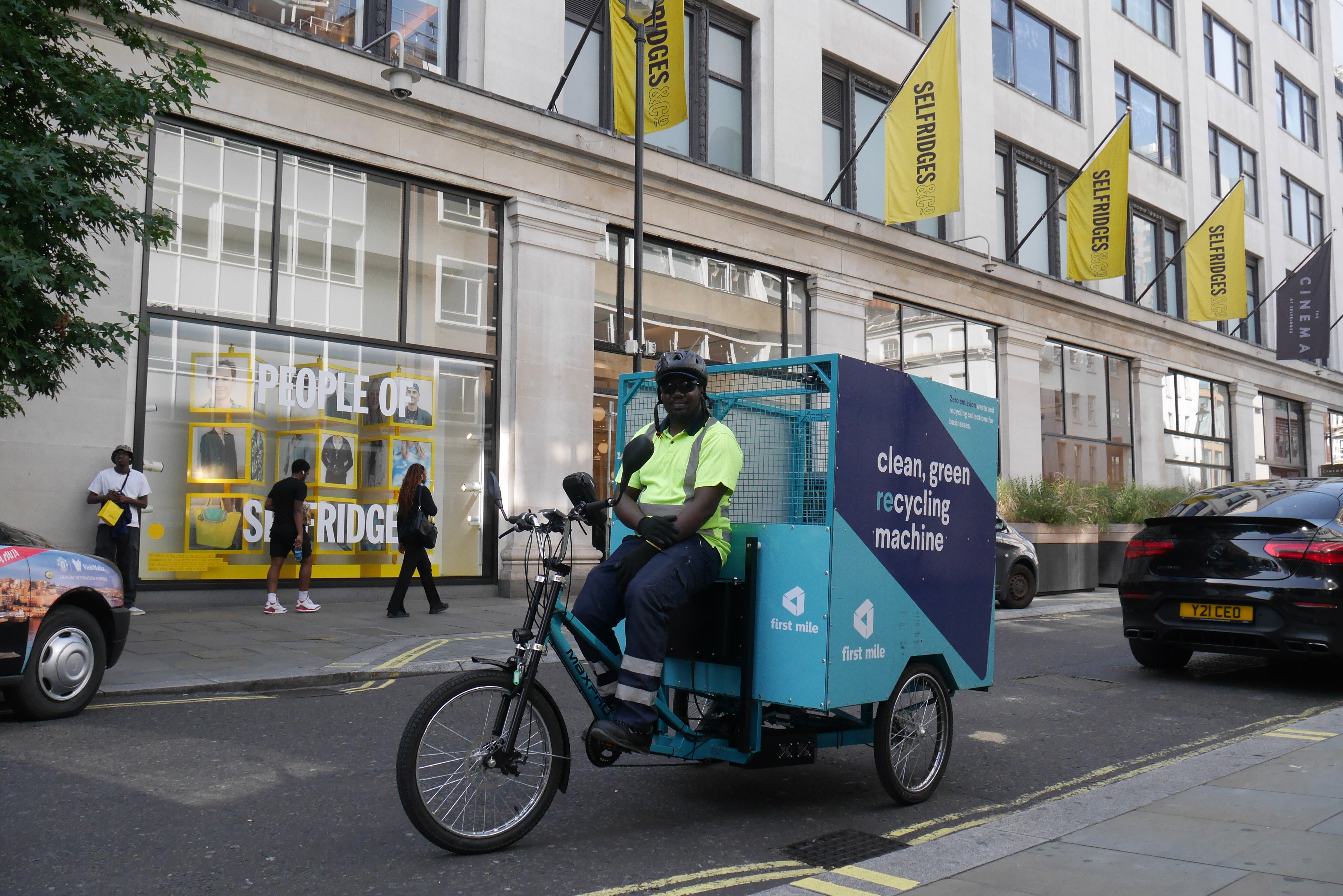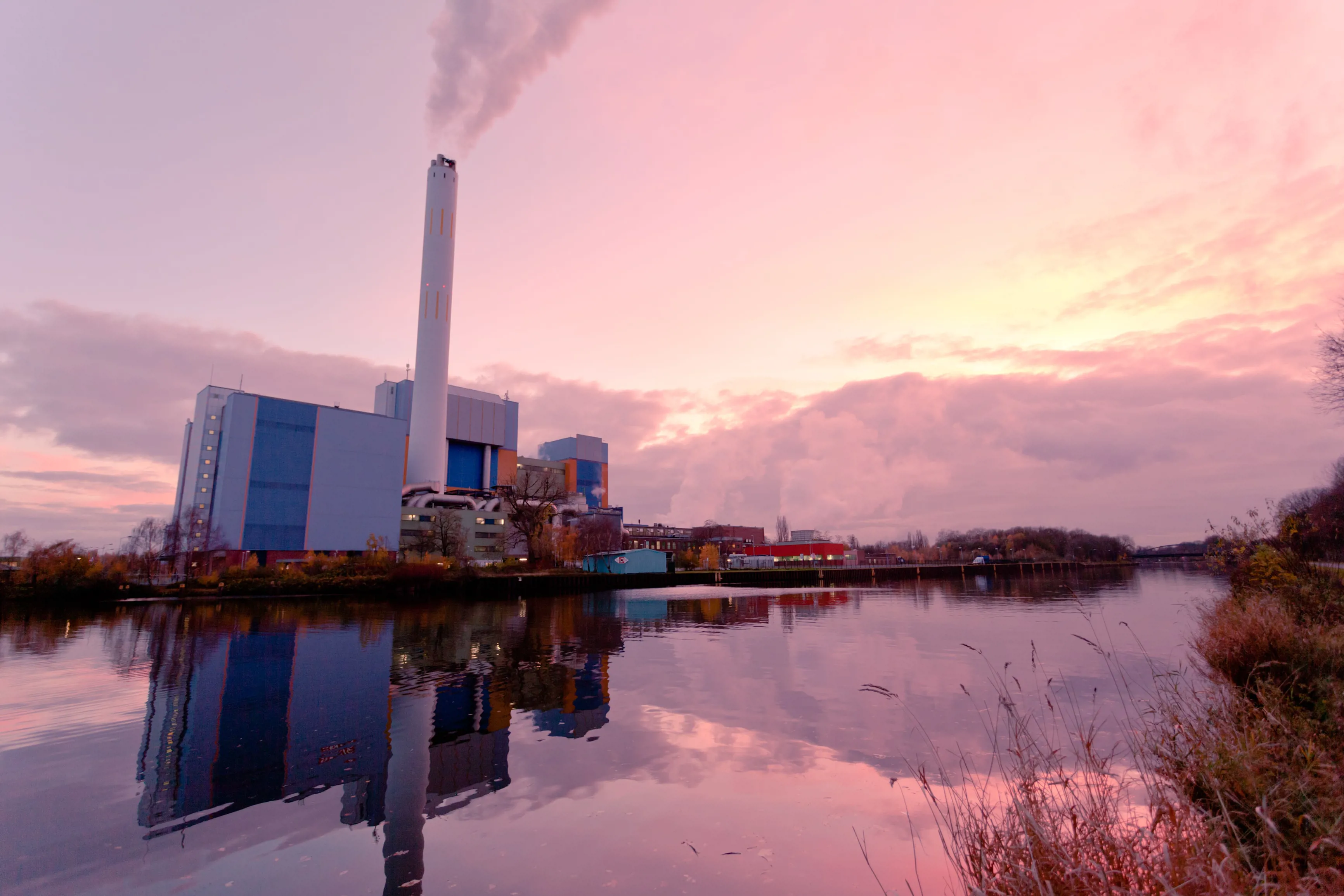Crucial Measures to Combat Plastic Pollution

The UK's plastic ban, which came into effect on the first day of October, represents a comprehensive effort to curb plastic waste.
This ban covers a variety of single-use plastic items, including plastic straws, stirrers, cotton buds, cutlery, plates, and balloon sticks. These products have long been identified as major contributors to the country's plastic pollution problem.
Here are some key highlights of the plastic ban:

Plastic straws: Plastic straws, symbolic of the global issue of single-use plastic waste, are now a thing of the past. Consumers are encouraged to opt for eco-friendly alternatives, such as paper, metal, or bamboo straws.
Stirrers and cotton buds: Plastic stirrers and cotton buds, frequently found littering UK beaches and waterways, have been replaced with sustainable alternatives made from materials like wood and paper.
Cutlery and plates: The ban on plastic cutlery and plates is aimed at reducing plastic waste generated by the food service industry. This move encourages consumers to choose reusable or compostable options.
Balloon sticks: Balloon sticks, commonly used in celebrations and events, are now banned. This measure promotes responsible balloon use and disposal, preventing harm to wildlife and the environment.
Environmental and Health Implications
The UK's plastic ban is not merely a symbolic gesture but a significant step towards addressing pressing environmental concerns:
Environmental impact: Single-use plastics have plagued the UK's rivers, beaches, and oceans for years. By eliminating these items, the government hopes to protect the nation's natural landscapes and wildlife.
Human health: Plastic pollution isn't confined to the environment; it also poses health risks. Microplastics, minuscule particles resulting from plastic breakdown, have been found in our food, water, and even the air. The ban reduces exposure to these potentially harmful substances.
Setting a Global Example
The UK's plastic ban is a move that is being closely watched on the international stage. It demonstrates the nation's commitment to environmental sustainability and offers a blueprint for effective plastic waste reduction strategies worldwide. By taking the lead in addressing the plastic pollution crisis, the UK aims to inspire other nations to follow suit.
Economic Opportunities
Besides the environmental benefits, the plastic ban also presents economic opportunities.
The growth of businesses producing and promoting sustainable alternatives to single-use plastics can lead to job creation and economic growth in the green sector. This not only reduces waste but also stimulates innovation and entrepreneurship.
First Mile's Role

At First Mile. we support the UK's plastic ban and are playing an active role in ensuring its successful implementation.
Our recycling services are designed to help businesses divert waste away from landfills, which, in turn, reduces their environmental impact. Furthermore, we're strong advocates for the use of recycled plastics, as it allows us to contribute to closing the loop on plastic production and consumption.
A Collective Effort Towards a Greener Future
As the plastic ban becomes an integral part of daily life in the UK, it is essential for individuals, businesses, and communities to unite in embracing this change.
Together, we can reduce our reliance on single-use plastics, minimise plastic waste, and pave the way for a cleaner, healthier, and more sustainable United Kingdom.
This historic moment signifies the UK's commitment to preserving the planet's beauty for generations to come. It is a call to action for all to contribute to a plastic-free future, where environmental stewardship is paramount.





